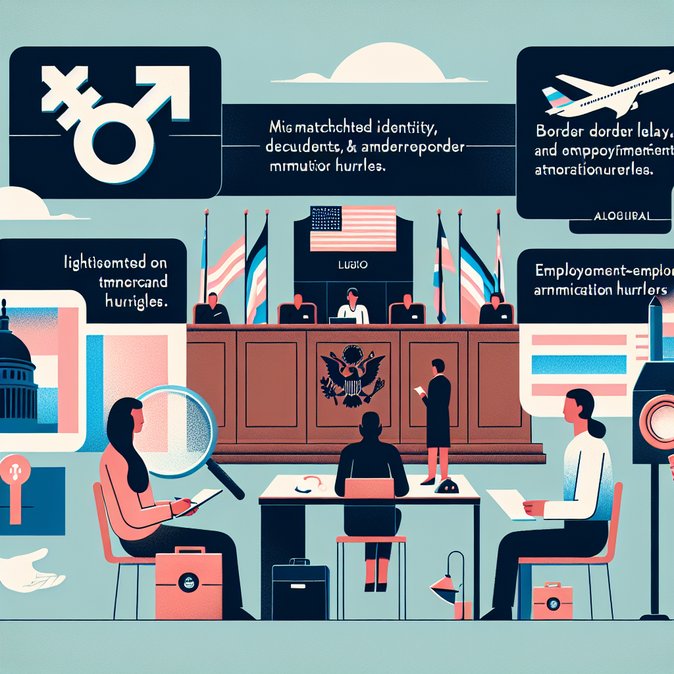
U.S. Citizenship and Immigration Services (USCIS) has begun issuing “Requests for Evidence” (RFEs) that instruct petitioning employers to pay the newly-created US$100,000 fee on every new H-1B petition. The fee was authorized by President Trump’s September 19 proclamation and took legal effect at 12:01 a.m. EDT on September 21, but Monday’s mail-out is the first time companies have actually received formal payment notices. Attorneys report that RFEs arrived even in cap-exempt and extension cases, suggesting that adjudicators are still interpreting the complex guidance circulated among the agencies.
Under the proclamation, employers may request a “national-interest” or “startup” exemption, but the standards have not yet been promulgated. As a result, HR and mobility teams face an impossible choice: wire six-figure payments for employees who may never clear security checks, or risk missing critical project start-dates while waiting for clarifying rules. In the tech sector—where Indian nationals make up roughly 70 percent of all H-1B holders—the unexpected cost is rippling through staffing forecasts, with some firms freezing external hiring until litigation resolves.
![USCIS Now Demands New $100,000 H-1B Fee in RFEs, Stunning Employers]()
Immigration lawyers expect a sharp uptick in fee-related class actions. At least three suits filed in California and the District of Columbia argue that the President exceeded his statutory authority under the Immigration and Nationality Act and violated the Administrative Procedure Act by skipping notice-and-comment rulemaking. A preliminary injunction could arrive within weeks, but until then employers must decide whether to pay or pause.
Practical implications for global mobility are immediate. • Budgeting: multinational employers that routinely file dozens of H-1Bs each season must locate millions in unplanned cash or delay projects. • Travel plans: beneficiaries outside the United States cannot board flights until the fee is posted and an approval notice is issued, creating bottlenecks for January onboarding. • Equity: the fee makes the United States one of the most expensive destinations for foreign talent, potentially diverting STEM workers to Canada or the U.K.
Companies are advised to track RFEs daily, confer with counsel before remitting funds, and prepare alternative work-location strategies (e.g., near-shore hubs) for critical personnel should court relief be delayed.
Under the proclamation, employers may request a “national-interest” or “startup” exemption, but the standards have not yet been promulgated. As a result, HR and mobility teams face an impossible choice: wire six-figure payments for employees who may never clear security checks, or risk missing critical project start-dates while waiting for clarifying rules. In the tech sector—where Indian nationals make up roughly 70 percent of all H-1B holders—the unexpected cost is rippling through staffing forecasts, with some firms freezing external hiring until litigation resolves.

Immigration lawyers expect a sharp uptick in fee-related class actions. At least three suits filed in California and the District of Columbia argue that the President exceeded his statutory authority under the Immigration and Nationality Act and violated the Administrative Procedure Act by skipping notice-and-comment rulemaking. A preliminary injunction could arrive within weeks, but until then employers must decide whether to pay or pause.
Practical implications for global mobility are immediate. • Budgeting: multinational employers that routinely file dozens of H-1Bs each season must locate millions in unplanned cash or delay projects. • Travel plans: beneficiaries outside the United States cannot board flights until the fee is posted and an approval notice is issued, creating bottlenecks for January onboarding. • Equity: the fee makes the United States one of the most expensive destinations for foreign talent, potentially diverting STEM workers to Canada or the U.K.
Companies are advised to track RFEs daily, confer with counsel before remitting funds, and prepare alternative work-location strategies (e.g., near-shore hubs) for critical personnel should court relief be delayed.


